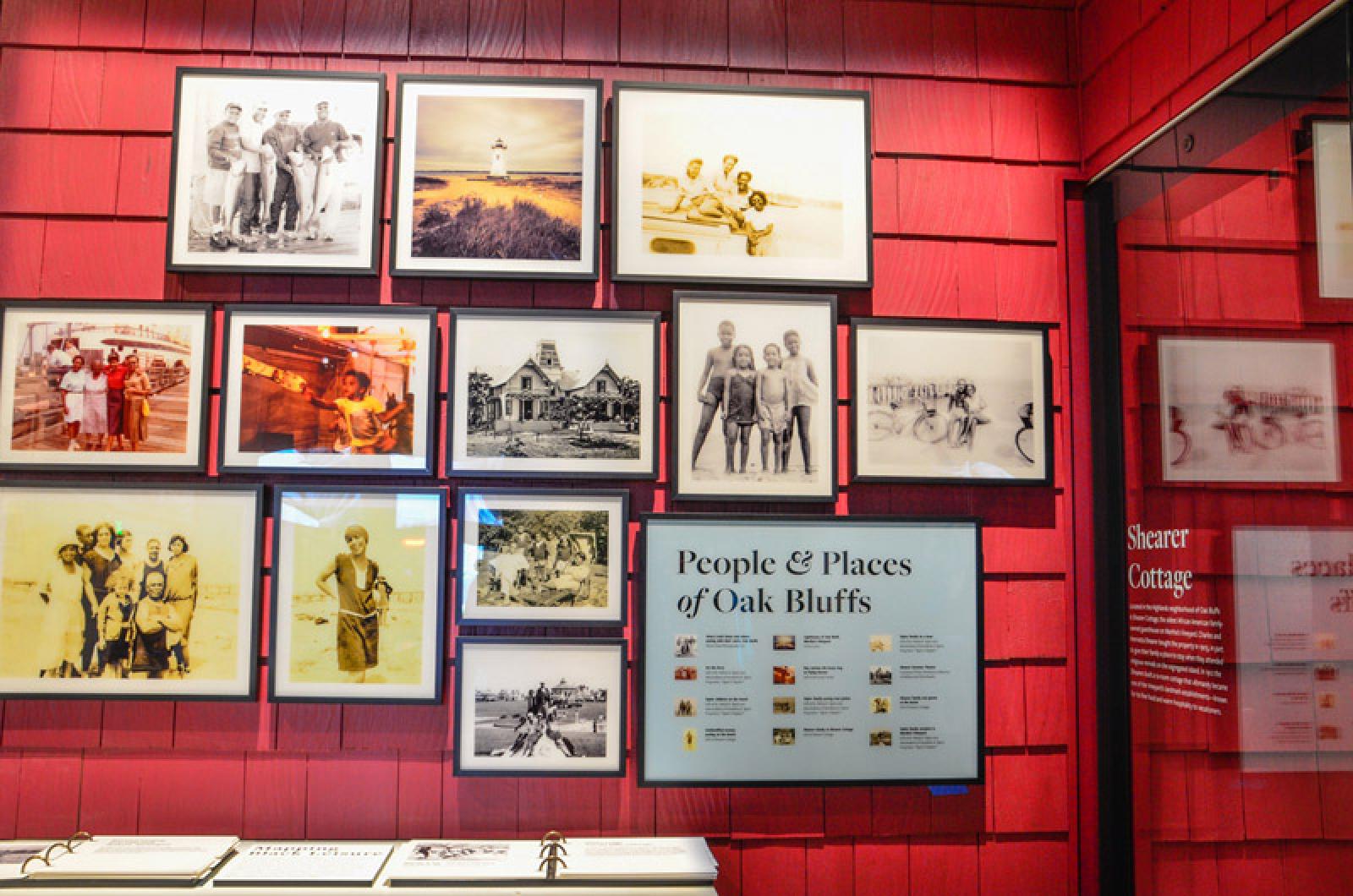Following the election of President Obama, longtime Vineyarder Sen. Edward W. Brooke, the nation’s first black senator and a Republican, wrote in a Boston newspaper: “Like others, I had prayed that I might live to see the first African American elected president of the United States. I was proud, grateful, overjoyed and tearful when the announcement was made. I believed it could and would happen, that one day America would elect an African American as their president. I remembered as a child that mothers would often tell their sons that they could grow up to be president of the United States.”
Many of us who grew up on the Vineyard shared Senator Brooke’s belief. After all, he was our neighbor, a black man who became a senator. Black History Month, arriving each February, is a chance to recall the Vineyard’s place in the movement, a small Island with a history of inclusiveness, and the place our first African American President chose to vacation.
Martha’s Vineyard is unique for a lot of reasons, sometimes in ways that aren’t readily apparent. It is just one of five places in America that has a legal apostrophe. (The others are Ike’s Point in New Jersey, John E’s Pond in Rhode Island, Carlos Elmer’s Joshua View in Arizona and Clark’s Mountain in Oregon.) The largest unconnected Island on the East Coast, the Vineyard is three times the size of Manhattan — another island that unlike ours, is connected by bridges and tunnels. The lack of connection to the mainland — over in America as we like to say — may contribute to our unique differences.
Dorothy West, the former Oak Bluffs columnist for the Gazette and Harlem Renaissance author, wrote: “We are an Island cut off from the mainland. We cherish whoever is nearest. If your nearest neighbor is white and you are not, the fact that she is near enough to come quickly if you call, and the fact that her familiar face is more comforting than some unfamiliar face whose color might match your own are what matter most.”
It would be hard to find a more unique place than this. Ms. West also wrote: “There is no life that does not contribute to history.” Many of these lives are celebrated on the Vineyard. The Martha’s Vineyard Museum’s Oral History project includes numerous personal black histories. The African American Heritage Trail records the locations of the many black Islanders who made their mark in history. And the web-based History Makers organization hosts annual seasonal events on the Island.
The Vineyard earned recognition for its role in black history when the Smithsonian’s National Museum of African American History and Culture chose Oak Bluffs for a permanent exhibit as one of a few towns to represent the Power of Place, documenting the story of its African American community. Originally part of Edgartown, the village of Oak Bluffs was created by the larger village of Islanders, thanks to votes from Native Americans of Gay Head/Aquinnah and a white former whaling Captain from Chilmark.
The celebration of our diversity is equally unique on the Island. Arthur Railton, author of The History of Martha’s Vineyard, wrote this about Dorothy West: “. . . her Gazette column was among the first to write about blacks in a white newspaper without labeling them colored. To her they were just people doing things, like everybody else. Skin color wasn’t relevant.” In 1988 she wrote: “Here in this enchanted place, there are very few barriers between rich and not rich, white and not white, erudite and not. It is my frequent saying that this Island is a microcosm of what the rest of America should be like.”
She was right and 30 years later, America has a long way to go to catch up to Martha’s Vineyard.
Last month, to celebrate the Martin Luther King Jr. holiday, the Martha’s Vineyard NAACP chapter hosted a luncheon at the Portuguese American Club. The event included a diverse group of people: young, old, black and white, senior officials from the school system, nearly all the town police chiefs, including Oak Bluffs chief Eric Blake, the non-black president of the Island NAACP chapter. He quoted King: “We may have all come on different ships, but we’re in the same boat now.” That’s a wonderful metaphor, especially on the Vineyard.
Lift every voice.
Skip Finley is a former Oak Bluffs columnist. For an interactive Black History experience see the Vineyard Gazette’s Time Machine: vineyardgazette.com/timemachine/collection/African-American-History






Comments (3)
Comments
Comment policy »